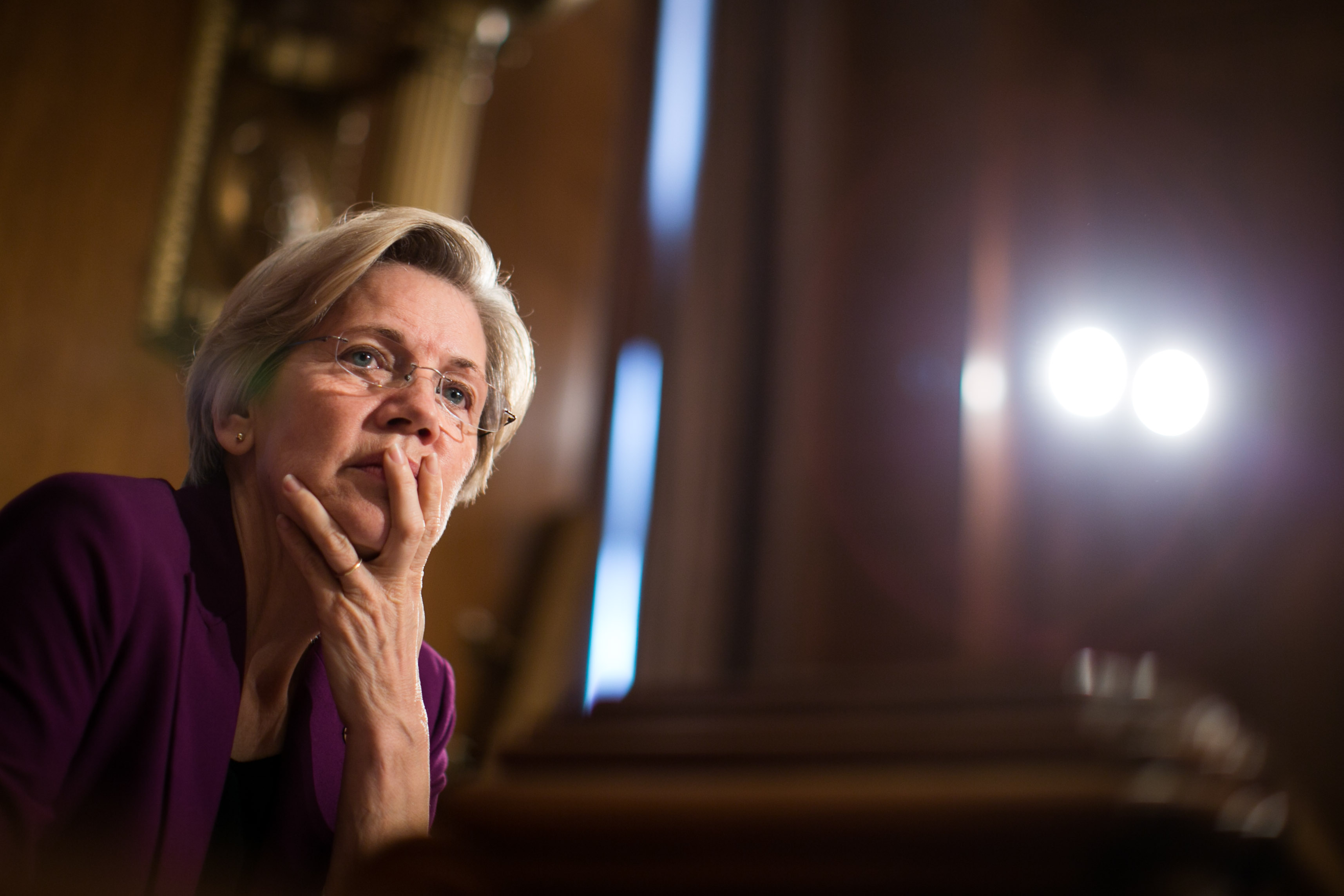Elizabeth Warren should not run for president. But she should run against Hillary Clinton.
Why Elizabeth Warren should get in the 2016 race


A free daily email with the biggest news stories of the day – and the best features from TheWeek.com
You are now subscribed
Your newsletter sign-up was successful
God help us, it's presidential season already.
Mitt Romney has all but announced a run, while Paul Ryan has officially bowed out. The empty-eyed capering that passes for a political culture in this country is also focused on potential challengers to Hillary Clinton, the presumed Democratic frontrunner, with Elizabeth Warren and Jim Webb topping the list. David Frum made a fairly solid case for Warren recently in The Atlantic, arguing that she is the "only person standing between the Democrats and an uncontested Hillary Clinton nomination."
So, should Warren run? If it's to win for winning's sake, then no. But if she wants to try to advance progressive objectives, then it might be worth it.
The Week
Escape your echo chamber. Get the facts behind the news, plus analysis from multiple perspectives.

Sign up for The Week's Free Newsletters
From our morning news briefing to a weekly Good News Newsletter, get the best of The Week delivered directly to your inbox.
From our morning news briefing to a weekly Good News Newsletter, get the best of The Week delivered directly to your inbox.
To be sure, I doubt anyone can beat Clinton in the primary. As Dave Weigel points out, she is ahead of Warren 62-12 in the Real Clear Politics average for the New Hampshire primary. In the same poll in the 2008 race, she didn't once crack 50 percent — and remember, Clinton just barely lost out to Barack Obama in the end.
More broadly, liberals place far too much emphasis on the presidency, and have a tendency towards hero worship. Wishing for a hero's rescue means a corresponding lack of attention to the nuts and bolts of Congress, which is still the real source of domestic power despite being utterly dysfunctional. As Ezra Klein writes, Paul Ryan is making a good move by staying at the helm of the House Ways and Means Committee, where he will have enormous influence over the GOP's policy orientation — far more than he would have as a presidential candidate. Progressives ought to be thinking about counter-gerrymandering and building grassroots structures in addition to rallying around a presidential candidate.
However, it's still true that presidential primaries are an important method by which parties organize and make decisions. A run for president can push marginal ideas into high-profile debate, and force frontrunners to address particular issues even if the challengers are eventually defeated. And the research shows that presidents generally at least try to keep campaign promises.
While Democrats should focus their energies on Congress, the truth is that they're in the minority in both the House and Senate. They're unlikely to achieve much of substance there for the next two years. And Warren enjoys very little seniority, having only been elected in 2012, so taking time off would not impede her work much or keep her from being re-elected.
A free daily email with the biggest news stories of the day – and the best features from TheWeek.com
I have very serious reservations about Warren's near total lack of a record on foreign policy; all she's done is defend Israel when it was shelling schools and hospitals in Gaza. But she is the Democratic Party's most forceful advocate for left-wing causes in the domestic sphere, from cleaning up Wall Street to shoring up the bottom of the income ladder.
Traditionally, people run for president because they have a bottomless, clutching thirst for power. But if a committed progressive wants to make a go of it with the objective of advancing progressive causes, it might be genuinely useful. Let's just hope it doesn't turn Warren into a robotic neoliberal austerian, because that's the easiest way to raise the ungodly piles of cash needed to actually win the presidency.
Ryan Cooper is a national correspondent at TheWeek.com. His work has appeared in the Washington Monthly, The New Republic, and the Washington Post.
